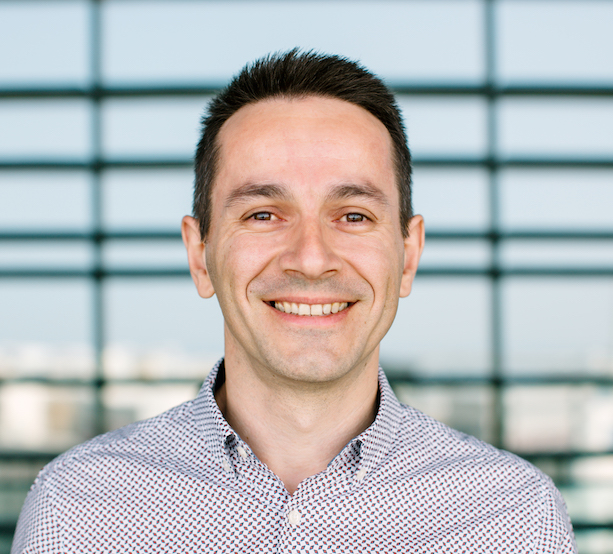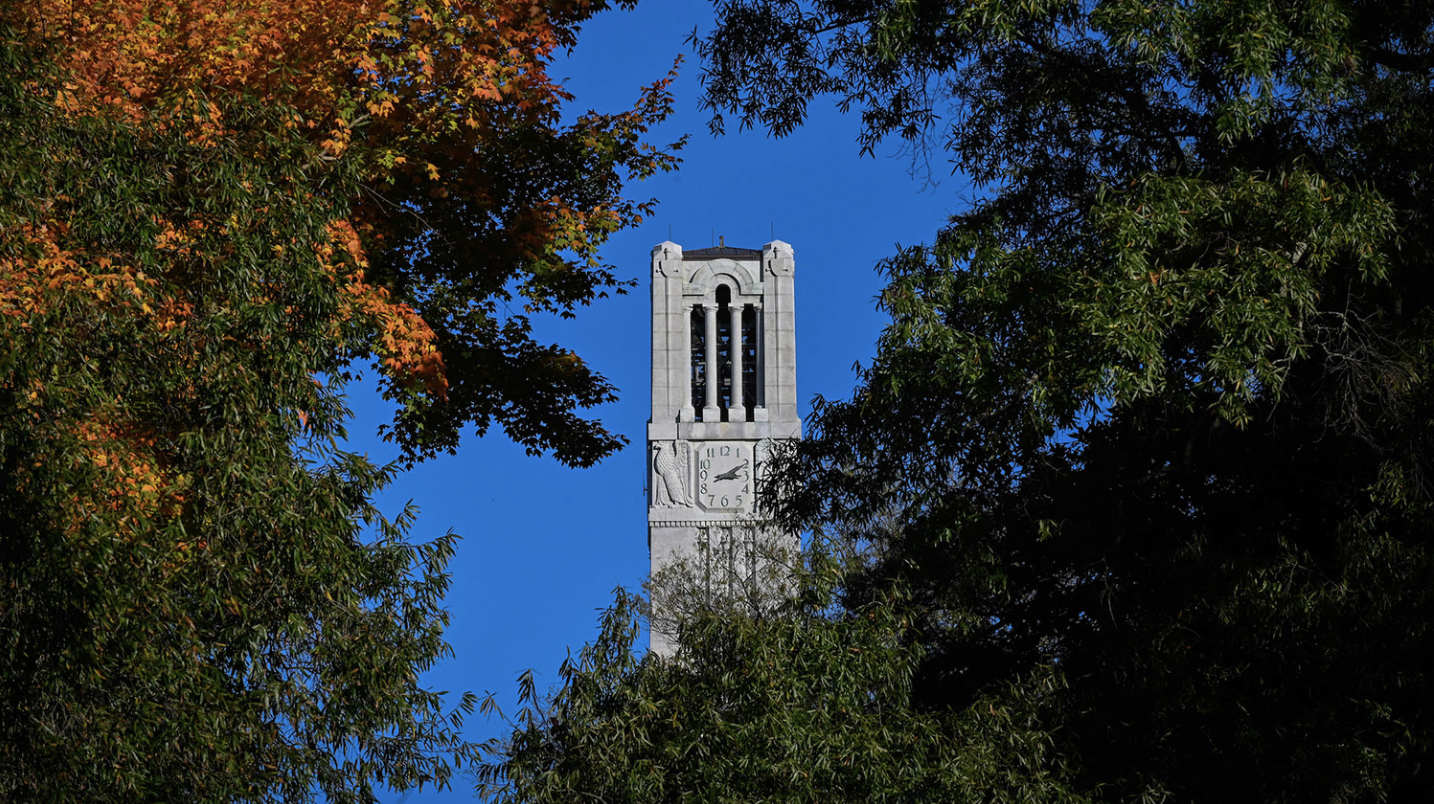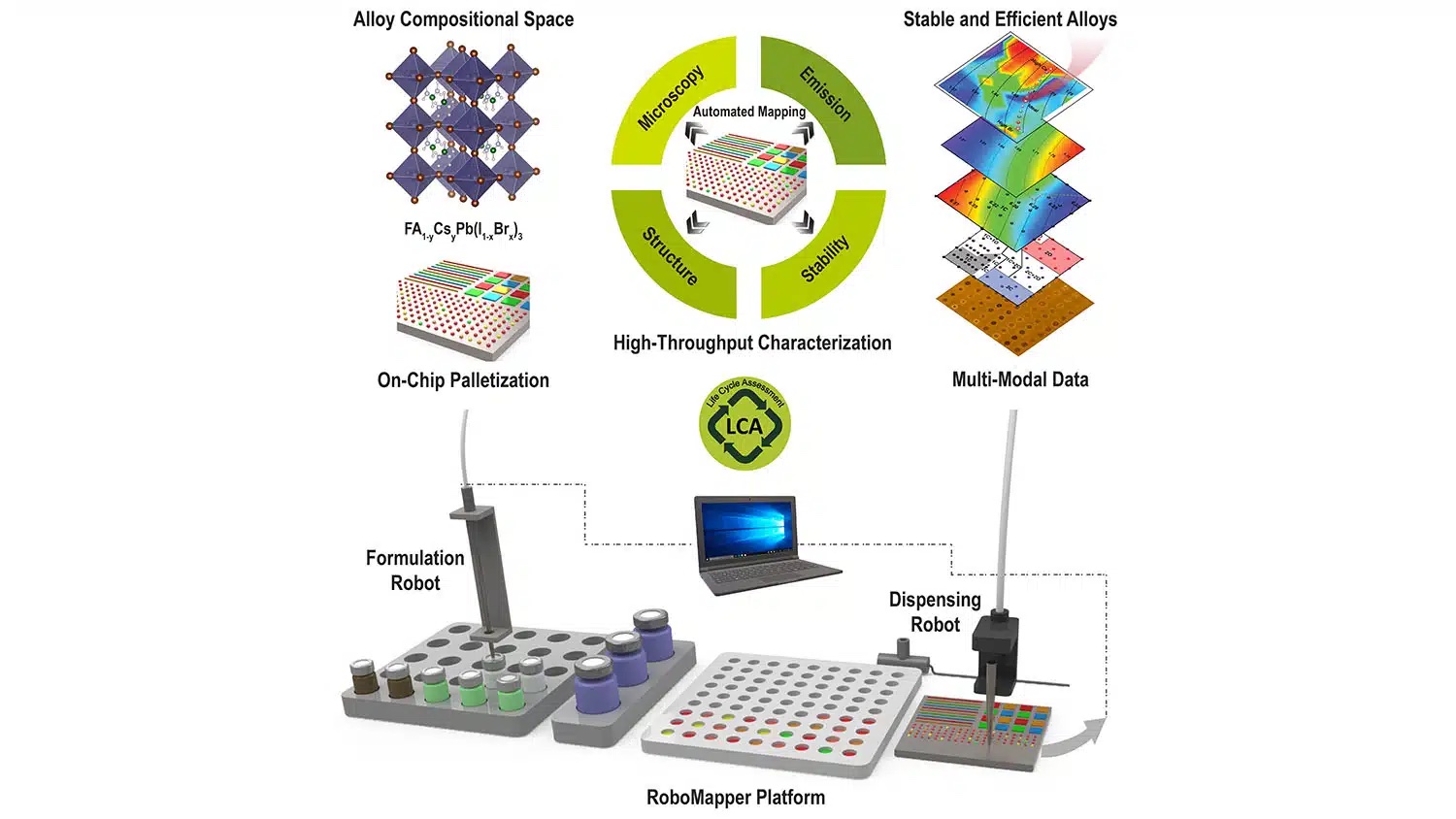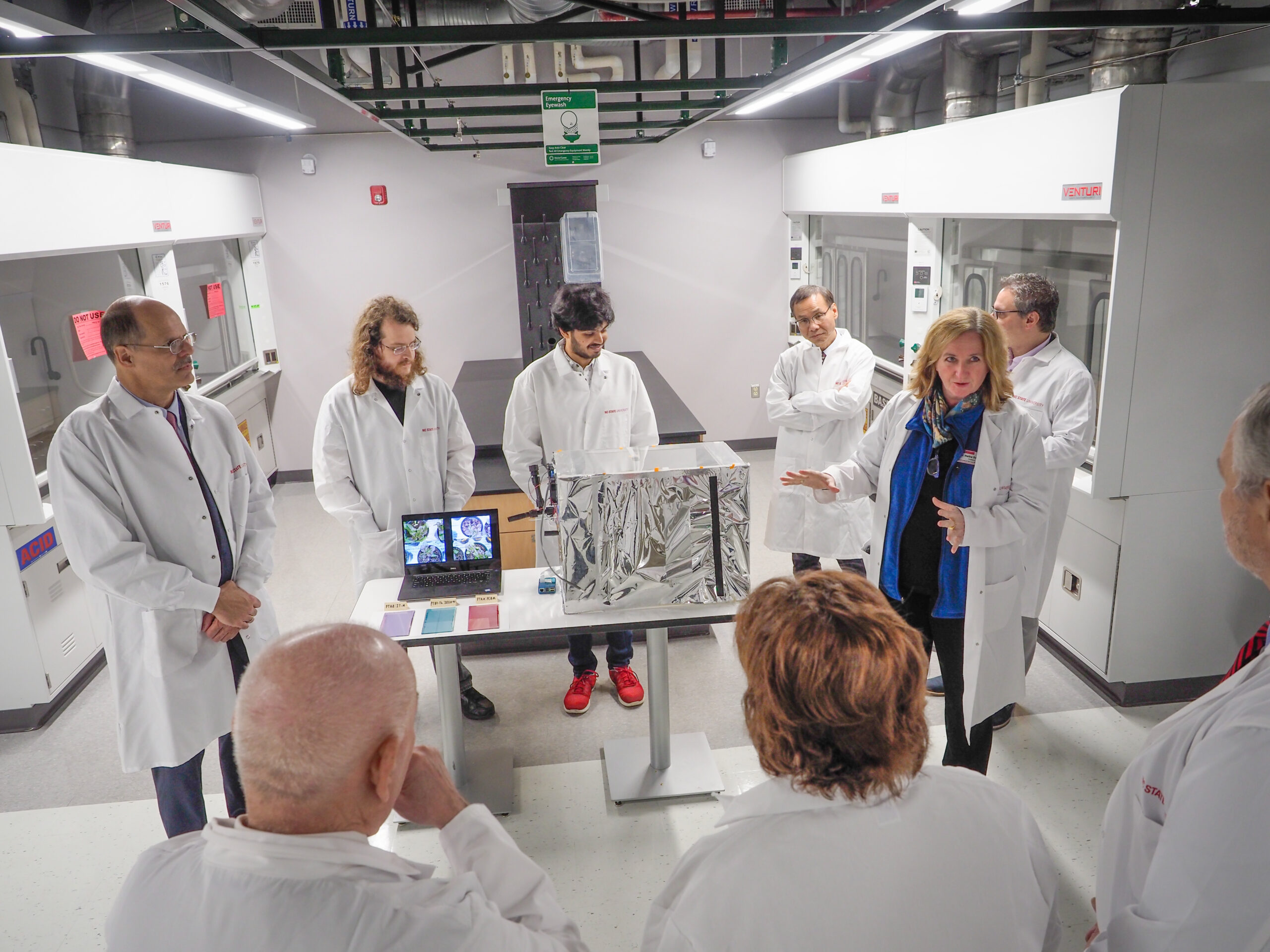MSE and Carbon Electronics Cluster Joint Seminar
Plastic Nano-structured Electronics for The Internet of Everything
[ezcol_1half]Prof. Thomas Anthopoulos
King Abdullah University of Science and Technology (KAUST),
KAUST Solar Centre, Division of Physical Sciences and Engineering
Thuwal, 23955-6900, Saudi Arabia
E-mail: thomas.anthopoulos@kaust.edu.sa
Group Website
Twitter:@tdanthopoulos
[/ezcol_1half] [ezcol_1half_end]
Date: Friday, February 22, 2019
Venue: EB1, Room 1011
Time: 11:00 AM.[/ezcol_1half_end]
Abstract
In silicon microelectronics the ability to downscale critical dimensions of its building block, the transistor, has proven extremely successful over the past sixty years in increasing its performance and as a result, the computational power of modern microprocessors. These extraordinary developments have been achieved through a virtuous circle of scientific and engineering breakthroughs which have led to the proliferation of information & communication technologies with an extraordinary impact on our daily life and society. However, adopting silicon’s approach of scaling to emerging technologies such as printed large-area electronics, has proven challenging both in terms of technology and economics. This talk will focus on progress being made downscaling emerging forms of electronics through new materials and fabrication paradigms and their application in the ever expanding ecosystem of The Internet of Everything.
 Biography: Thomas D. Anthopoulos is a Professor of Material Science and Engineering at King Abdullah University of Science and Technology (KAUST) in Saudi Arabia, where he has been since January 2017. He received his B.Eng. and D.Phil. degrees from Staffordshire University in UK. He then spent two years at the University of St. Andrews (UK) where he worked on new materials for application in organic light-emitting diodes before join Philips Research Laboratories in The Netherlands to focus on organic transistors and printed microelectronics. From 2006 to 2017 he held faculty positions at Imperial College London (UK), first as an EPSRC Advanced Fellow and later as a Reader and Professor of Experimental Physics. His research interests are diverse and cover the development and application of novel processing paradigms and the physics, chemistry & application of functional materials.
Biography: Thomas D. Anthopoulos is a Professor of Material Science and Engineering at King Abdullah University of Science and Technology (KAUST) in Saudi Arabia, where he has been since January 2017. He received his B.Eng. and D.Phil. degrees from Staffordshire University in UK. He then spent two years at the University of St. Andrews (UK) where he worked on new materials for application in organic light-emitting diodes before join Philips Research Laboratories in The Netherlands to focus on organic transistors and printed microelectronics. From 2006 to 2017 he held faculty positions at Imperial College London (UK), first as an EPSRC Advanced Fellow and later as a Reader and Professor of Experimental Physics. His research interests are diverse and cover the development and application of novel processing paradigms and the physics, chemistry & application of functional materials.


